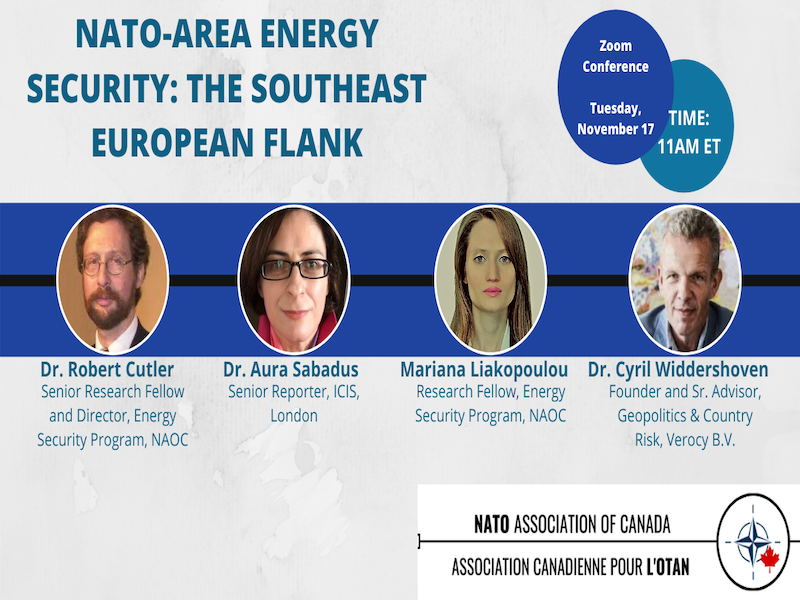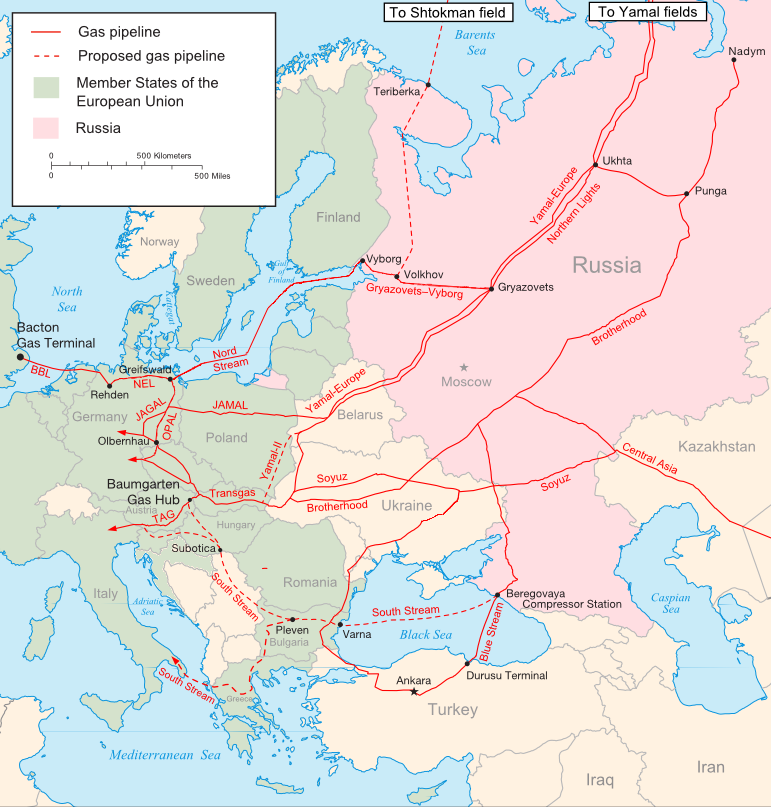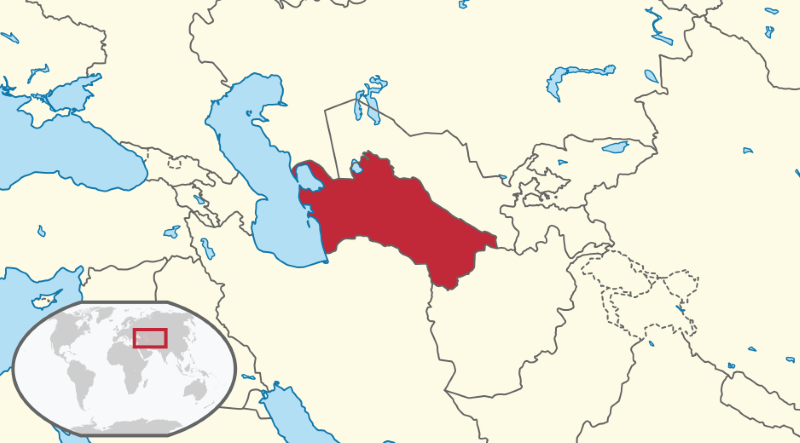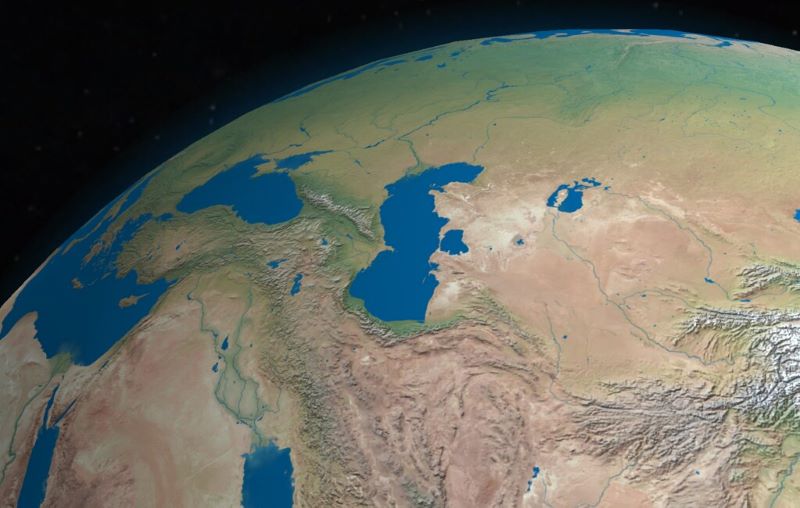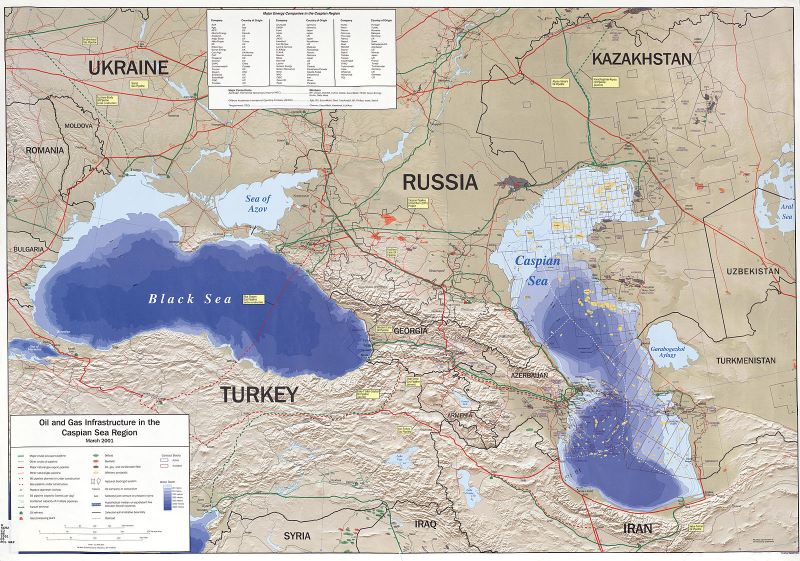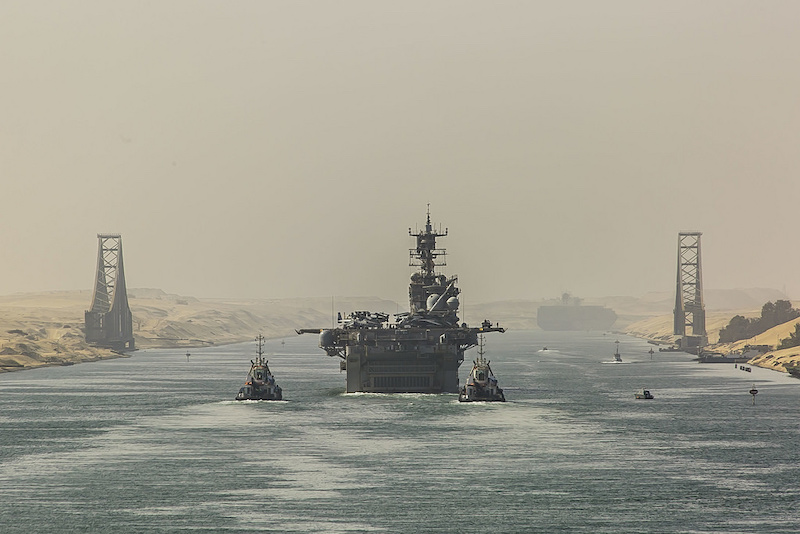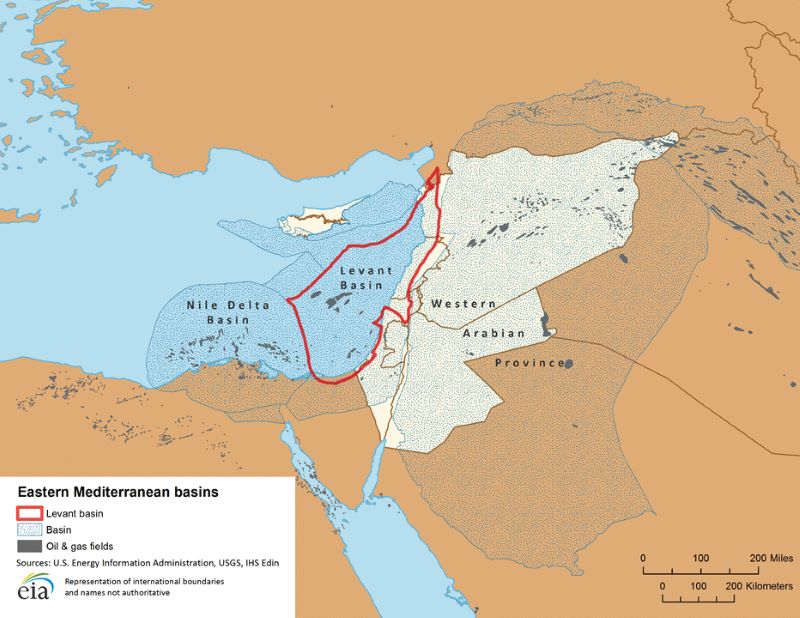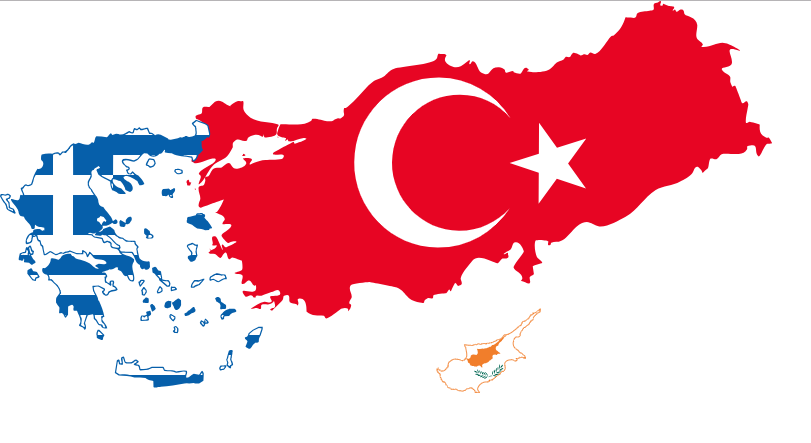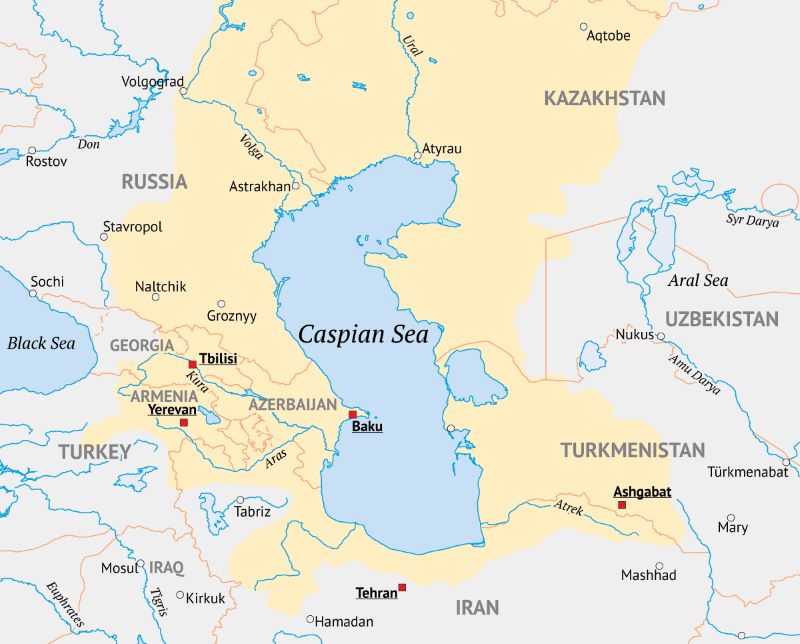This edited transcript of a 40-minute podcast interview (1 November 2020) covers the Caspian Sea’s legal regime, national interests of its littoral states, Turkey’s role in Euro-Caspian energy security, American and Chinese interests in the region, and why the Caspian Sea’s significance will increase still more in future.
Tag: natural gas
NATO-Area Energy Security: The Southeast European Flank
Title: NATO-Area Energy Security: The Southeast European FlankFeatured Speakers: Dr. Robert M. Cutler Senior Research Fellow and Director, Energy Security Program NAOC; Dr. Aura Sabadus Senior Reporter, ICIS London ; Mariana Liakopoulou Research Fellow, Energy Security Program NAOC ; Dr. Cyril Widdershoven Founder and Sr. Advisor Geopolitics and Country Risk Verocy B.V. Series: Energy Security Program Webinar Read More…
European Natural Gas Geopolitics on a Collision Course?
Following the Dutch discovery of the Groningen field, and British, Norwegian and Danish discoveries in the North Sea during the 1960s and 1970s, natural gas appeared to offer Europe an opportunity to decrease its dependence on Middle Eastern oil. However, demand for gas quickly outpaced supply, leading West European buyers increasingly to rely on Soviet Read More…
Turkmenistan Relations with European Union Reach a New Level
The energy security of NATO members in Europe will receive a further boost as the European Union has opened a new Delegation in Turkmenistan. This Delegation supersedes the lower-level liaison office through which relations had been conducted up until now. The move follows the European Council’s adoption of a new “EU Strategy for Central Asia,” Read More…
Russia Promotes Caspian Economic Cooperation
Diplomatic momentum is gaining on all fronts in favor of the Trans-Caspian Gas Pipeline (TCGP) between Turkmenistan and Azerbaijan. Both Russian and American diplomats tacitly agree that this is a positive development. Thus last week the new U.S. Ambassador to Georgia (and former Ambassador to Azerbaijan) Ross Wilson publicly stated that “transport projects implemented jointly Read More…
The Southern Gas Corridor in 2018 and Prospects for 2019
This article is an end-of-year review looking at the EU’s and Turkey’s position in three potential maritime conflict situations: first, the Caspian Sea basin; and then the Black Sea and East Mediterranean basins together. The most significant development in Caspian Sea energy in 2018 was the signature of the Convention on the Status of the Read More…
Egypt Is Becoming Central to NATO-Area Geo-Economics
The Arab Spring threw a wrench into Egypt’s promising liquified natural gas (LNG) industry. Now, with stability returned to that country and the discovery of new gas deposits in the Nile littoral, Egypt is poised to become a major source of energy to the E.U. market. As auspicious as this sounds, it raises the stakes in an already volatile region marked by militarization and beset by inter-state strife and transcontinental tension.
Recent Developments in Cyprus Energy
Attempts to commercialize the East Mediterranean natural gas province continue still with difficulty. The gas deposits in the Cyprus offshore continue to be at the centre of attention, while those of Israel and Egypt are set in relation to those. The issue that preoccupies observers is how to market the gas from Cyprus in Europe. Read More…
The Eastern Mediterranean: NATO Allies Clash
The Eastern Mediterranean is without a doubt a conflict-prone geographic location. Most consider the conflicts between Israel, Lebanon, Syria, Palestine and occasionally, Egypt, when discussing the region, but new players are clashing with one another, and this time, they’re allies. While the world looks at nearby Syria, it has been Turkey, Cyprus and Greece that Read More…
The Caspian Sea Will be Divided
After more than 20 years of negotiation, and despite all the skepticism, there is every indication that five-party the Convention on the Status of the Caspian Sea will be signed in Aktau, Kazakhstan, on August 12. In fact, it was clear last December that it would be signed soon enough, when the Russian foreign minister Read More…


